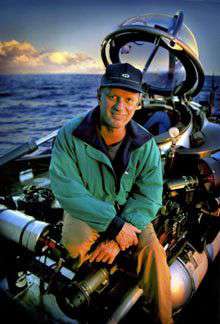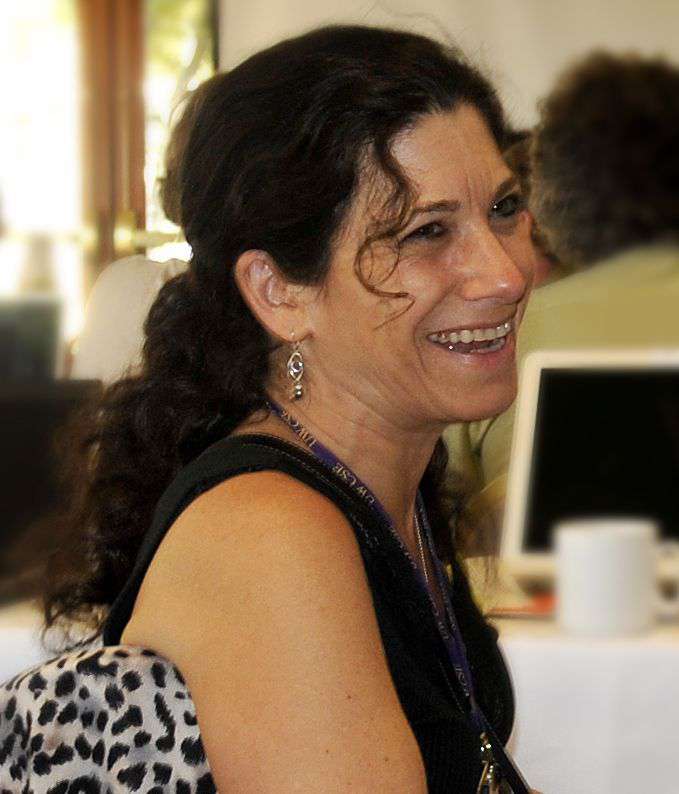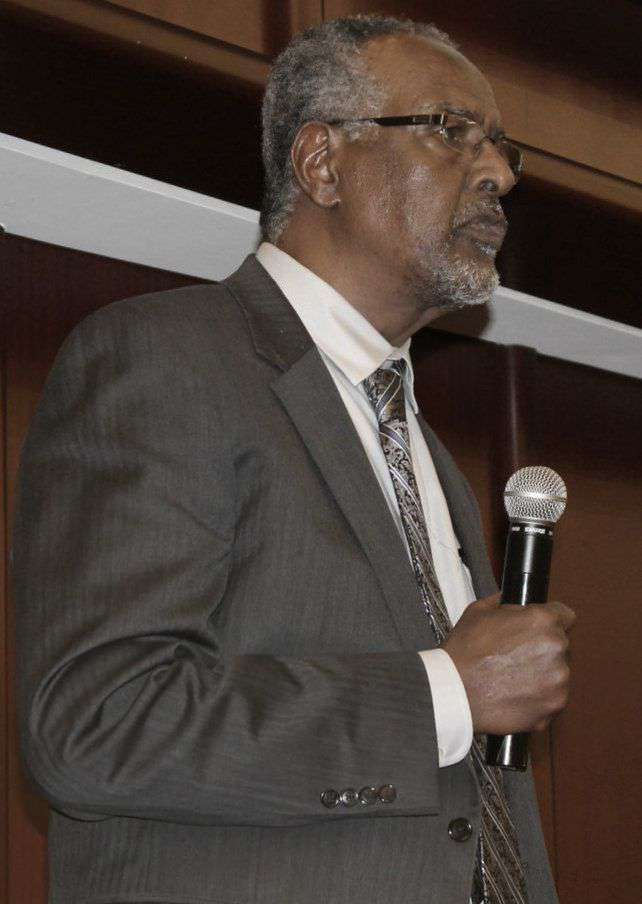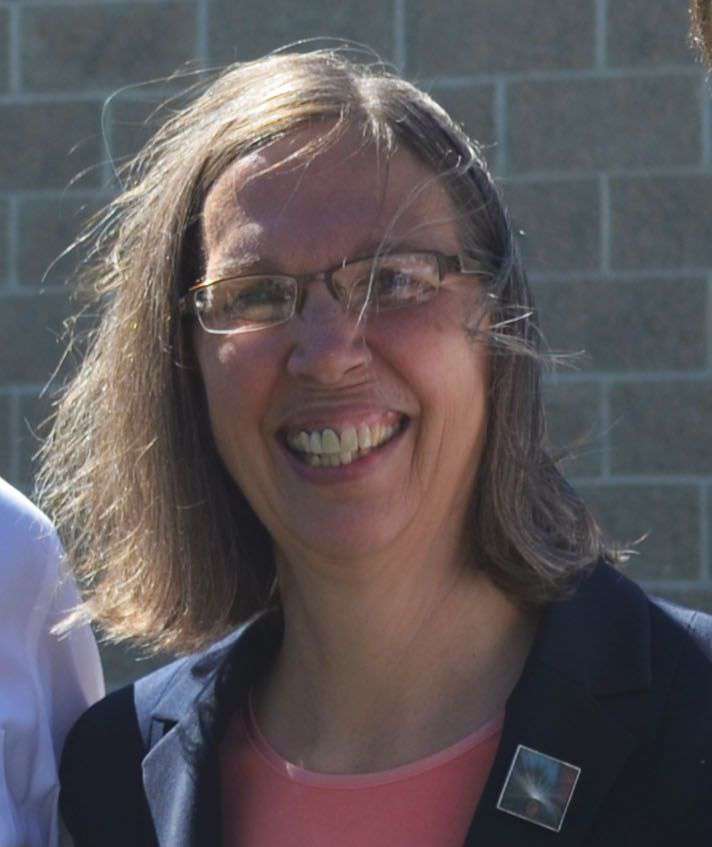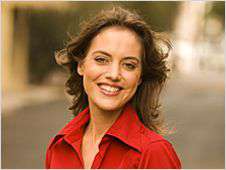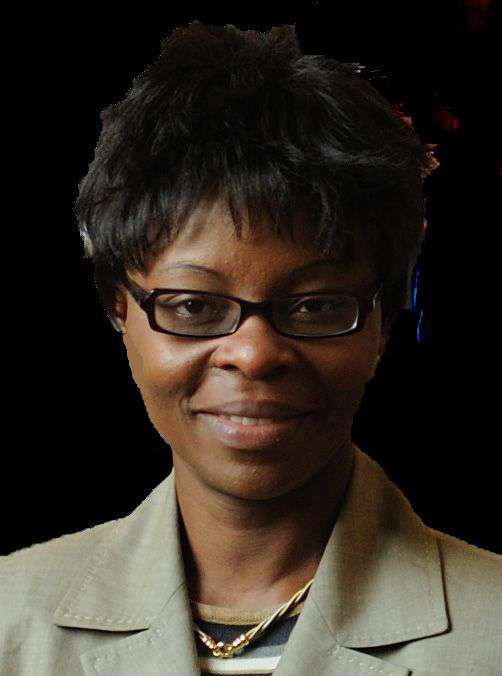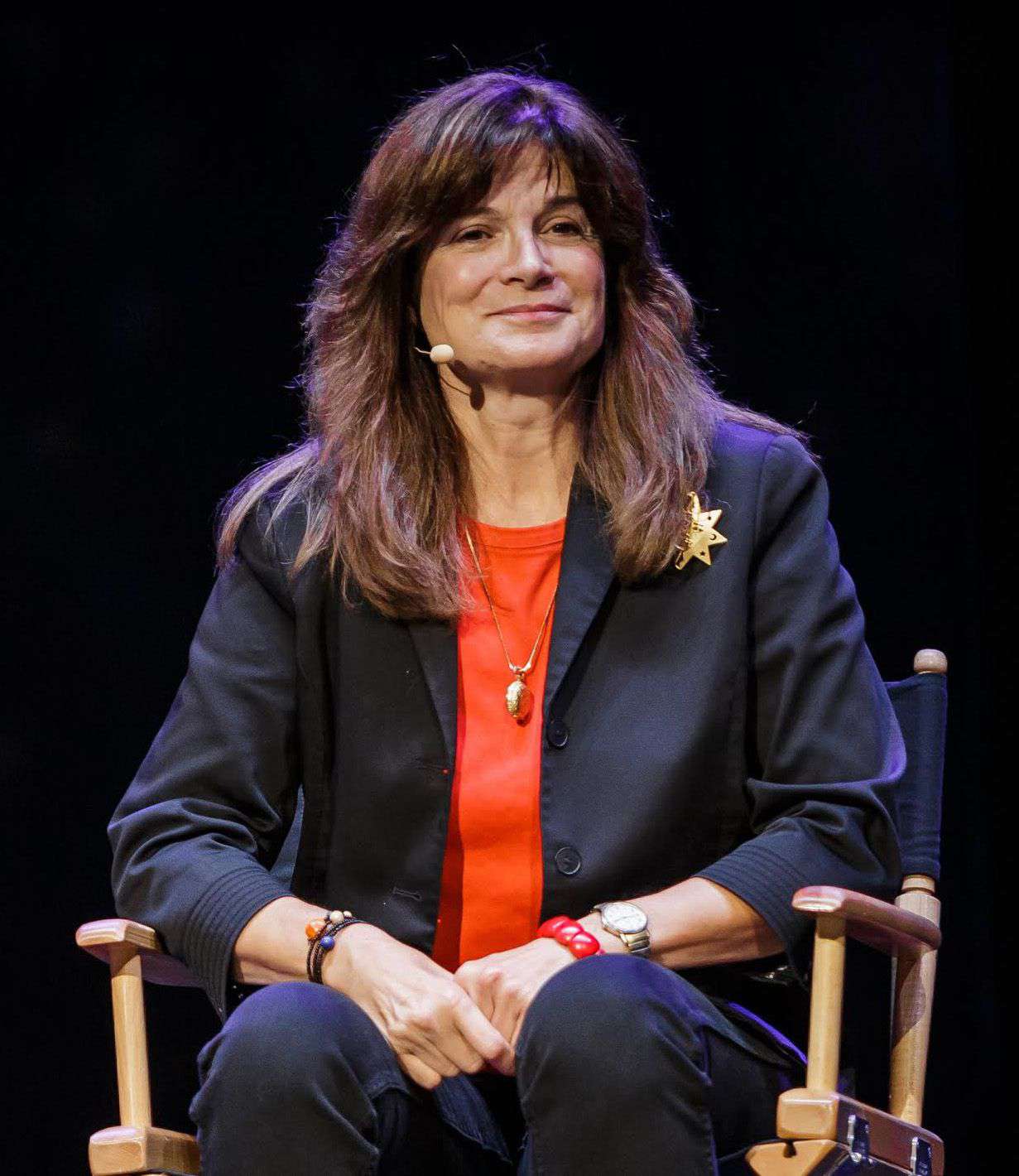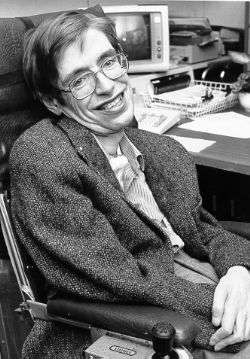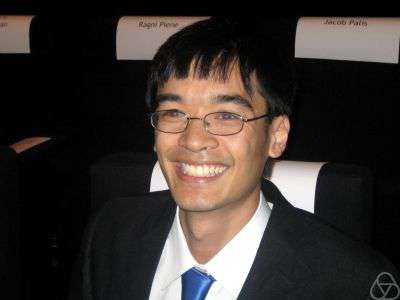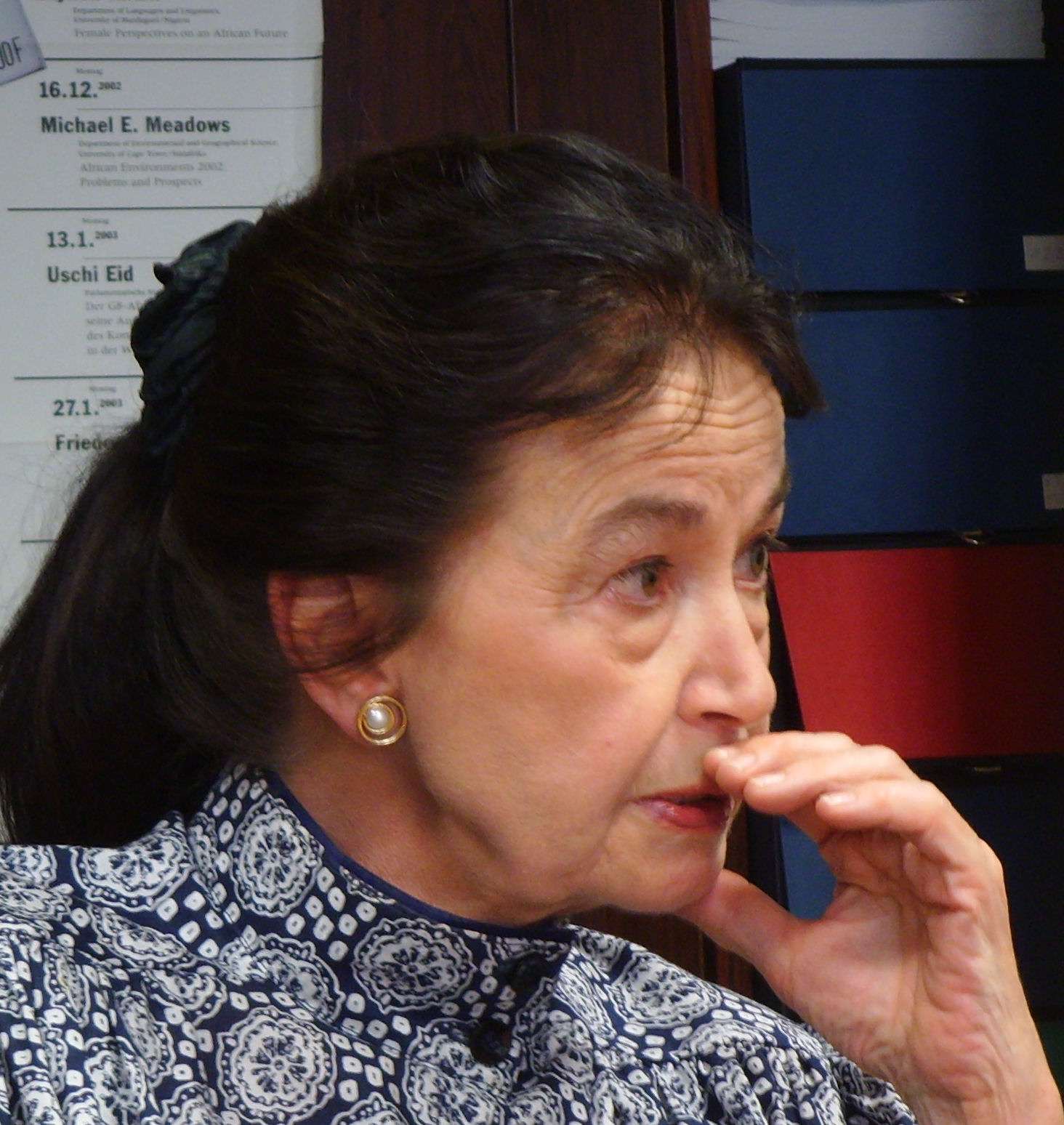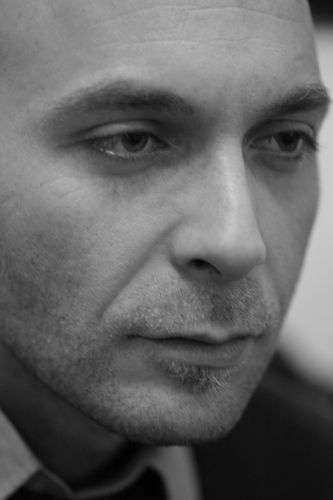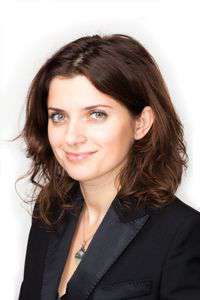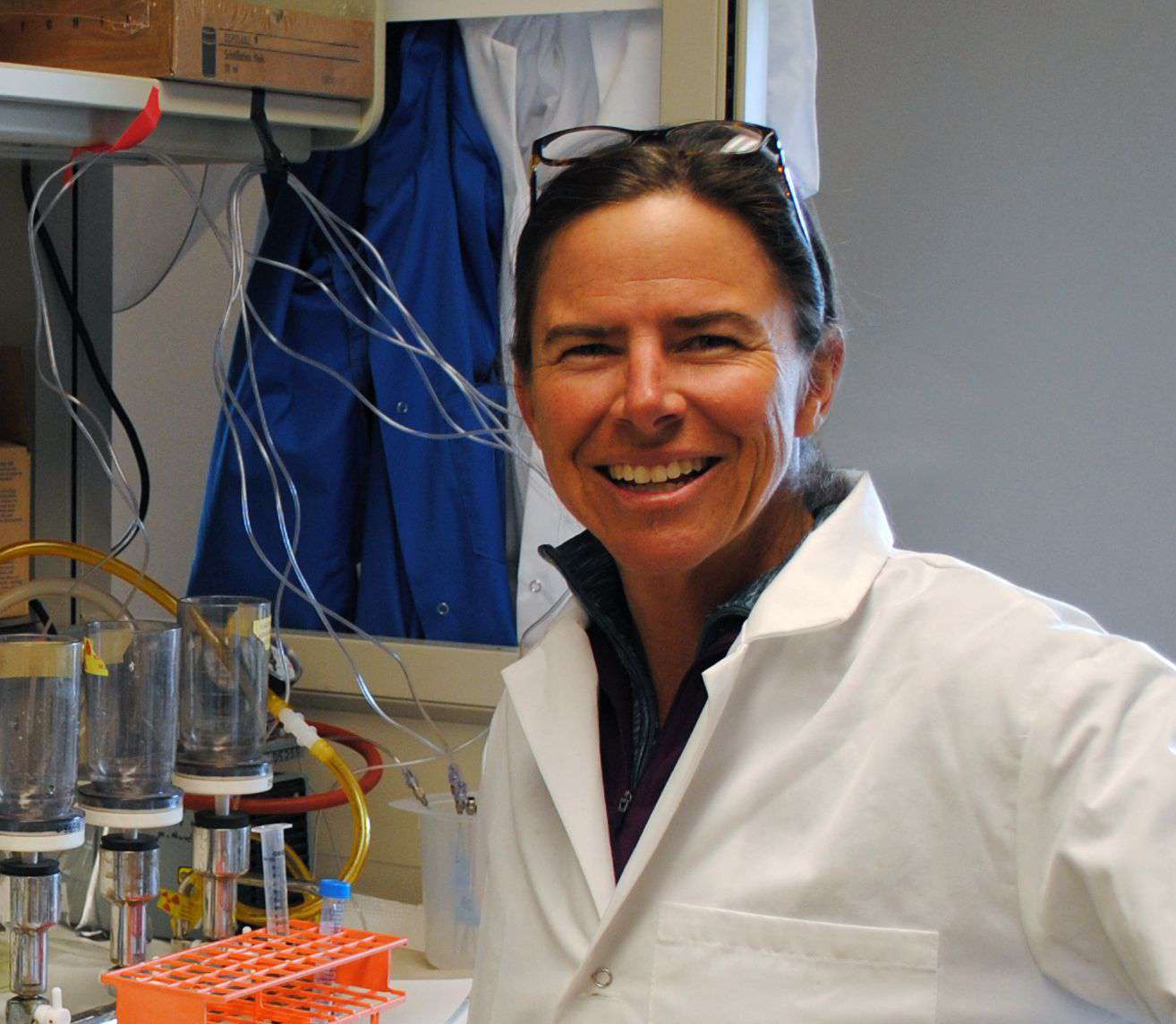Robert Ballard, oceanographer
Even as a child, Dr. Ballard was interested in the mysteries of the sea. He is most known for finding sunken ships, including the Titanic in 1985 and the battleship Bismarck in 1989. He has also discovered warm vents on the ocean floor where exotic life forms live off the energy of the Earth.
Deborah Estrin, computer scientist
As a professor of computer science and a professor of public health, Dr. Estrin is working to help people use the computer to collect and understand data about their own health.
Gebisa Ejeta, botanist
When he was young, Dr. Ejeta planned to study engineering in college—but he decided to study agriculture because he thought it would help more people. In the 1980s, he invented a type of sorghum that could grow even with very little water. Sorghum is a cereal grain that many people in the world depend on for food.
Fatima Terrazas-Arellanes, educational psychologist
As a research professor of educational technology, Dr. Terrazas-Arellanes created the ESCOLAR science curriculum program that you are using now. Her goal is to help all school students learn science, including how to conduct scientific experiments.
Karen Oberhauser, biologist
Dr. Oberhauser studies monarch butterflies, and has written two books about them. She has shown that farm chemicals have also killed off other plants, such as milkweeds, that are important food sources for these butterflies.
Amy Mainzer, astrophysics
Dr. Mainzer is interested in many objects in space, including asteroids, minor planets, and brown dwarfs—and in making instruments on land and in space that can measure the universe. She also studies how stars are formed as well as the atmospheres of planets. Asteroid 234750 Amymainzer was named after her!
Omowunmi Sadik, chemist
Dr. Sadik was born into a family of scientists, and they supported her interests in physics, chemistry, and biology. She has invented special small sensors that can detect drugs and bombs, and she is working on new ways to remove poisons from wastes in the environment. In 2012, she helped start a new organization to encourage people to use nanotechnology responsibly.
Carolyn Porco, planetary scientist
Dr. Porco often speaks in public about how people fit into the universe. She is known for studying the outer solar system, and is an expert on rings around planets, the Saturn moon Enceladus, and heat within planet Jupiter.
Stephen Hawking, theoretical physicist
Although Dr. Hawking had a rare disease that gradually paralyzed him over the decades, he made important discoveries about how the universe began, which he wrote about in a best-selling book, A Brief History of Time. His work also helps explain black holes. He believed that not all information is lost when something goes into a black hole, and it might be possible to get information from a black hole.
Terence Tao, mathematician
Dr. Tao showed incredible math abilities from an early age, and attended university math courses at the age of 9. He is known for solving complex math problems that nobody has been able to solve before. For instance, he proved that it is always possible to find a set of prime numbers—numbers that cannot be divided by other whole numbers, such as 3, 7, and 11—that are spaced equally apart.
Elisabeth Vrba, paleontologist
Dr. Vrba is known for her idea that living things develop physical traits and behaviors to adapt to their current environment, but these traits and behaviors could have new uses in new environments over time. She has also studied how fast a species can adapt to a changing environment, which could be important as the climate changes on Earth.
Evangelos Katsioulis, psychiatrist
Dr. Katsioulis is a medical doctor who studies mental health. He has the highest scores ever recorded on tests of intelligence. He has been involved in studies to detect genes related to high intelligence, and works with groups that support gifted people.
Lera Boroditsky, cognitive scientist
Dr. Boroditsky is a professor and popular speaker who has shown that the languages we speak shape the way we think. All languages are different—with different sounds, vocabulary, or patterns—and her research has demonstrated that different languages and culture impact how people think.
Alison Murray, biochemistry
Dr. Murray is a researcher who studies how small organisms live in extremely cold and harsh environments—even without oxygen. She discovered that there is microbial life within an ice-sealed Antarctic lake. Her work has shown how microbes are an important part of extreme environments.
